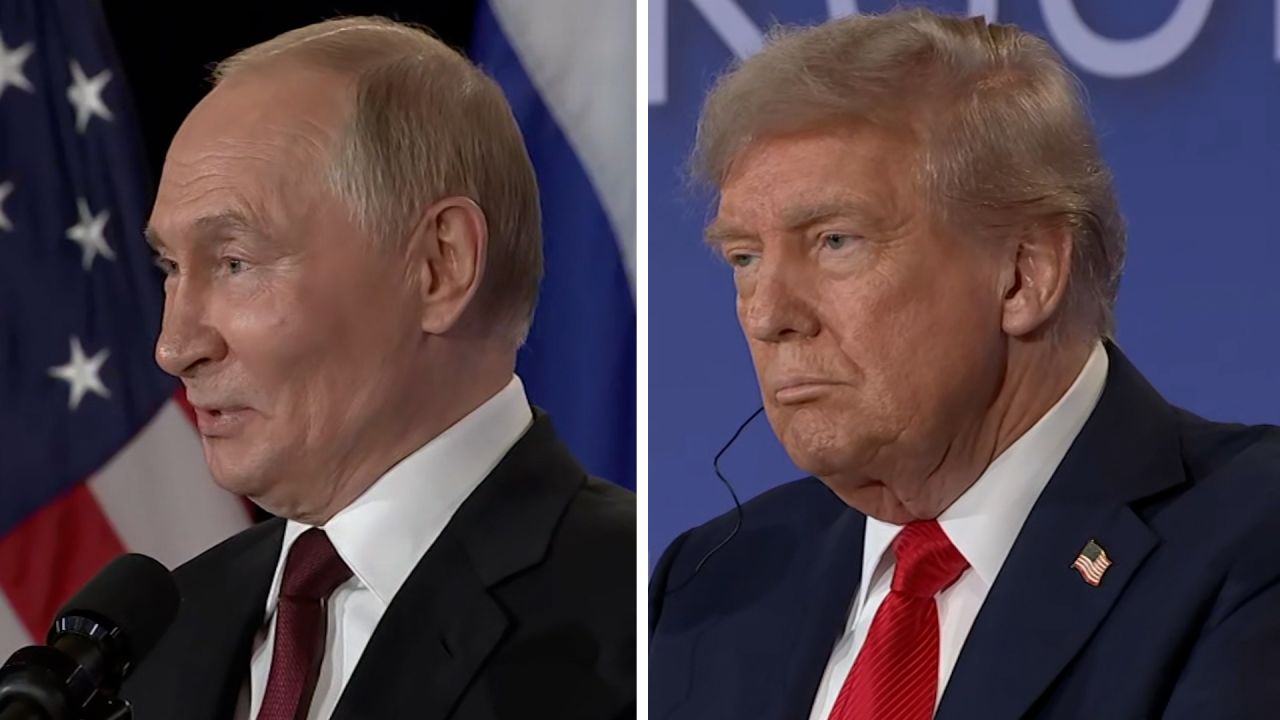In a significant diplomatic engagement, Vladimir Putin, President of Russia, and Donald Trump, former President of the United States, held a press conference following their bilateral meeting in Anchorage, Alaska on June 12, 2024. The discussions primarily focused on the ongoing Russia-Ukraine War, along with other international security issues.
Key Takeaways from the Meeting
During their joint appearance, both leaders addressed the complex dynamics of the Russia-Ukraine conflict. Trump emphasized the need for dialogue and cooperation, stating, “We must find a way to bring peace to the region.” He expressed hope that constructive discussions could facilitate a resolution to the ongoing tensions.
Putin, on the other hand, reiterated Russia’s stance on the war, highlighting the challenges posed by Western sanctions. He asserted, “We are open to negotiations but expect respect for our interests.” His remarks underscored the persistent rift between Russia and the West, particularly regarding Ukraine’s sovereignty.
Reactions and Implications
The meeting in Anchorage has drawn mixed reactions from international observers. Many analysts view this encounter as a pivotal moment in U.S.-Russia relations, suggesting it could pave the way for renewed dialogue on various global security matters.
Political commentators noted that while Trump’s approach aims to engage rather than confront, it remains unclear how effective these discussions will be in altering the current trajectory of the conflict. The press conference also highlighted the challenges of balancing national interests with the necessity for international cooperation.
In the lead-up to this meeting, the situation in Ukraine has continued to evolve, with ongoing military engagements and humanitarian concerns. According to the United Nations, thousands of civilians have been affected since the onset of the conflict, emphasizing the urgent need for resolution.
As the world watches the aftermath of this high-profile meeting, the focus will remain on the international community’s response and the potential for future negotiations. Both leaders’ ability to navigate these complex discussions will be crucial in determining the next steps in addressing the crisis in Ukraine.
